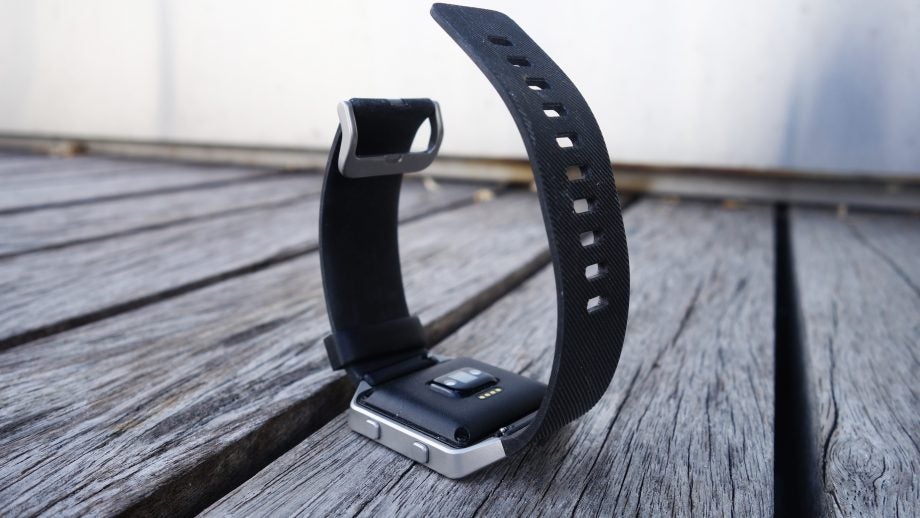“Inaccurate” Fitbit heart-rate data may be putting consumers at risk

Relying on Fitbit’s heart-rate monitoring technology could put users in harm’s way, according to a scientist at the centre of a lawsuit against the wearable firm.
Dr Edward Jo is investigating the accuracy of Fitbit’s PurePulse tech on behalf of a legal firm representing consumers in a class action lawsuit.
The assistant professor of Applied Physiology at California State Polytechnic University told Wareable that inaccuracies discovered by his study pose a danger to users of the Fitbit Charge HR, Fitbit Surge and Fitbit Blaze.
He said: “
“It can definitely put them at risk.”
Related: Fitbit Blaze review
The independent validation study found that the accuracy of Fitbit’s tech is off by a whopping 20 beats per minute during “moderate to high-intensity exercise”.
Fitbit has contested the results of the study, which was based on 43 healthy adults, calling it a “baseless” test designed to “extract a payout”.
In a statement, the company wrote: “What the plaintiffs’ attorneys call a ‘study’ is biased, baseless, and nothing more than an attempt to extract a payout from Fitbit. It lacks scientific rigor and is the product of flawed methodology.
“It was paid for by plaintiffs’ lawyers who are suing Fitbit, and was conducted with a consumer-grade electrocardiogram – not a true clinical device, as implied by the plaintiffs’ lawyers. Furthermore, there is no evidence the device used in the purported ‘study’ was tested for accuracy.”
In response, Dr Jo claimed there was little incentive for he and his colleagues to damage their reputation by producing a flawed study.
Those suing the company over the PurePulse technology are seeking damages for “economic injury”.


